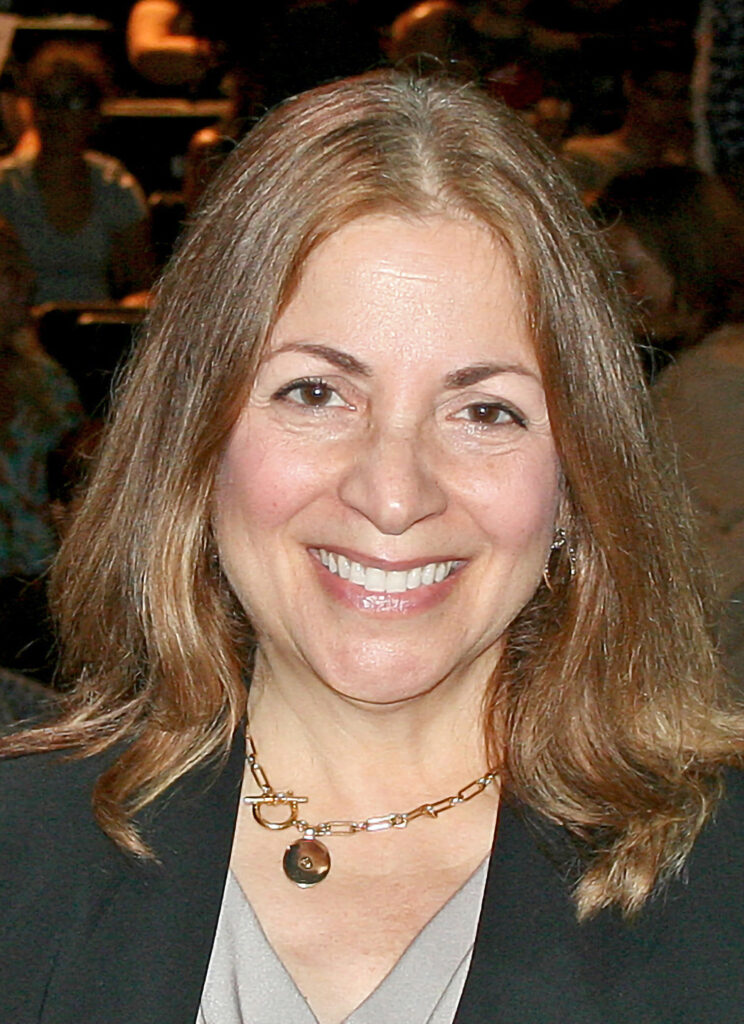Lori Marino, founder of the Whale Sanctuary Project, will lecture at IHMC in Ocala.
Lori Marino’s scientific work focuses on the evolution of the brain and intelligence in dolphins and whales (as well as primates and farmed animals), and the effects of captivity on wildlife. She is a neuroscientist and adjunct professor of animal studies at New York University (NYU), founder and president of the Whale Sanctuary Project and executive director of The Kimmela Center for Scholarship-based Animal Advocacy.
“I grew up in Brooklyn and went to NYU for my BA. I did a stint working on the problem of human adaptation to zero gravity at NASA Kennedy Space Center and Johnson Space Center. But I realized I wanted to work with other animals,” Marino shares. “I received my Ph.D. in animal behavior and psychobiology at State University of New York at Albany, after which I took a faculty position at Emory University in neuroscience and behavioral biology.”

Marino states that central to her research is: What is it like to be a member of another species?
“I started studying dolphins and whales in grad school when I saw a photo of a brain of a bottlenose dolphin. I was intrigued by its complexity, so, for the next 30 years my research has been on brain evolution and anatomy in dolphins and whales (noninvasively),” she notes. “In 2001, I co-authored a paper demonstrating that bottlenose dolphins recognize themselves in mirrors—a rare capacity in the animal kingdom—and in the mid-2000s began to look into the welfare and sourcing of dolphins and whales for marine parks. I didn’t like what I found. I gave up working with captive dolphins and added an advocacy component to my work at Emory.”
Marino, a pianist, also is a prolific writer and is co-director of the Animal Law and Science Project at George Washington University.
The topic for her lecture at IHMC in Ocala on October 19th is Changing the Scenery for Captive Whales: The Whale Sanctuary Global Movement.
“Dolphins and whales are highly complex, large-brained social mammals. Thousands are kept in concrete tanks in marine parks and aquariums. A growing body of scientific data reveals that these animals cannot thrive under these circumstances—they experience chronic stress, illness, neurobehavioral abnormalities and, sometimes, death,” Marino offers. “There is a growing global movement to provide an alternative in the form of sanctuaries.”
She says she will talk about the science behind the welfare of captive whales and the seaside sanctuary for beluga whales and orcas being created by the Whale Sanctuary Project in Nova Scotia.
The lecture will take place at 15 SE Osceola Ave., beginning with a reception at 5:30 p.m. OS
To learn more and RSVP, go to ihmc.us/life/evening_lectures/ocala-lecture-series
For information about the Whale Sanctuary Project, go to whalesanctuary.org






